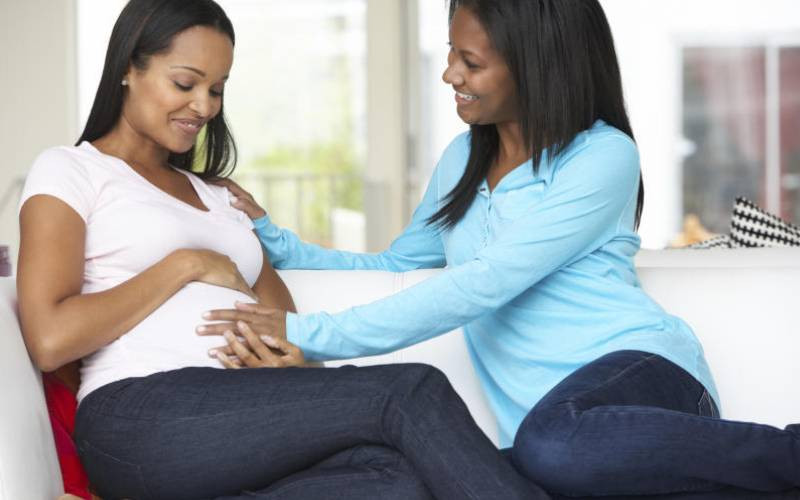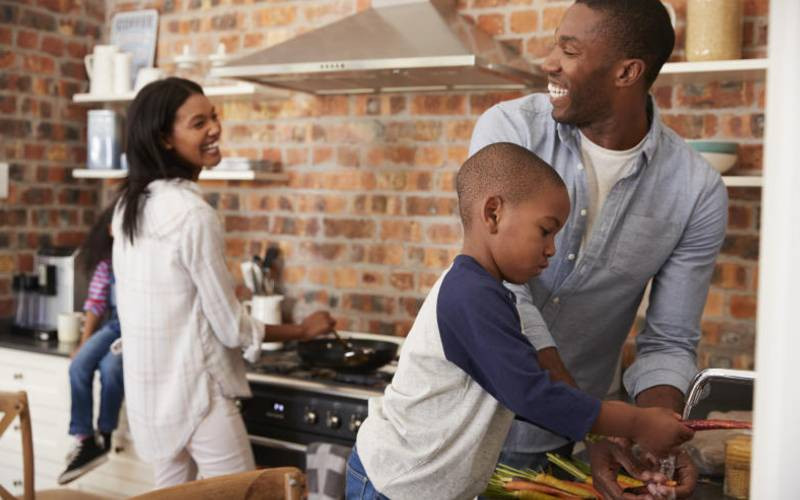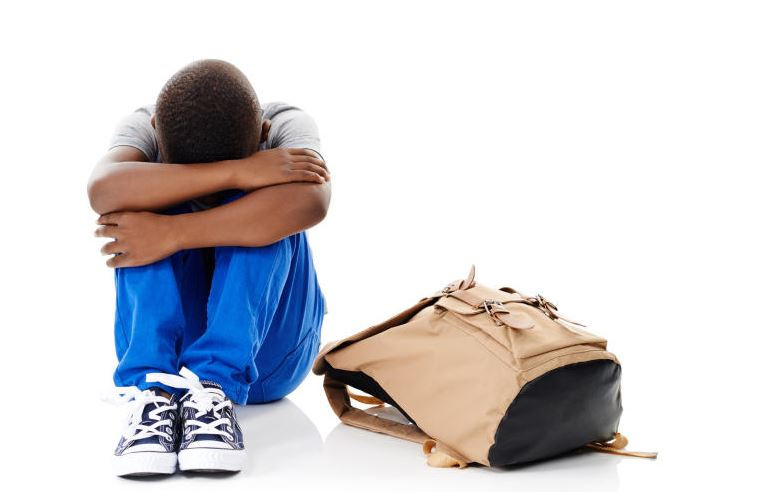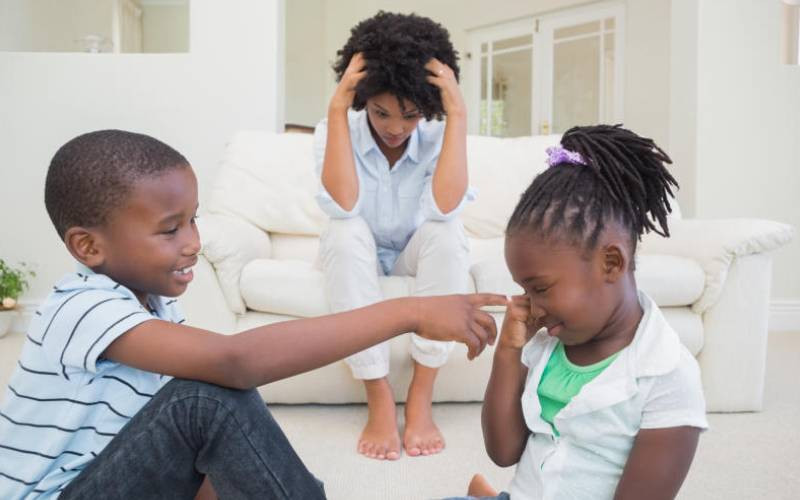
May 19, 2012, like an anniversary date, but not for the right reasons, is forever etched in the memory of Antony Kiprotich Bones, a senior pastor at the Good Shepherd church along Nairobi’s Ngong Road.
It is the day that what was supposed to be a 15 (or so) minute drive ended with a double roll on the road that almost claimed his family.
“It was a Saturday afternoon. We were taking the kids for swimming at a place about five kilometres away from home,” he narrates.
Bones and his wife, Edith, had two children at the time. Sierra, the eldest, was four while Leroy, her brother, was approaching two years.
“Sierra was sleepy: she went to the back seat and just dozed off. So, we didn’t even belt her in,” Bones continues. “My wife was driving while I sat on the front passenger seat with Leroy in my arms.”
Split-second decision
According to Bones, “our mind-set was that the family was driving a short distance from home.”
Edith, notes Bones, had made it a habit to pull the seatbelt around her while inside a car. That day, however, she did not belt up.
The family was up against an incline along Namanga road (from Kitengela) when, out of nowhere, a car manoeuvred into their lane.
The driver of the other vehicle was attempting to overtake a long line of vehicles.
“All we saw was the car coming straight to us. My wife swerved quickly to avoid a head-on collision.”
Edith had been forced into a split-second decision. The car was headed for a ditch beside the road. To avoid the ditch, Edith counter-steered back into the road but the recovery attempt caused the vehicle to lose balance.
“The car rolled twice. My daughter was tossed out through the window onto the tarmac. My wife hit the side of her face on the tarmac. I managed to hold onto the boy but he twisted his ankle,” Bones says.
The father of two escaped with very minor injuries. It was the grace of God, he says.
“The other car that forced us into the accident did not stop. But we were fortunate because there were no fatalities – we were rushed to a hospital where we were attended to by medical personnel.”
Nobody anticipates an accident, Bones says.
He uses his experience to convince motorists that it is important to belt up inside a moving vehicle. It does not matter how short the distance.
And for parents travelling with children, “strap the children first before you strap yourself,” he advises. Bones admits that the couple broke a major road safety rule. Both knew the importance of using the seat belt.
“We were travelling a very short distance. The lesson here is that regardless of the distance, don’t assume safety, just strap everyone in the car,” he says.
Special car seats
Not only weren’t the children strapped; they also didn’t have special car seats recommended for child passengers.
According to Robert, in-built seats (in a car) are meant for adults and not for children.
“It behoves every motoring parent to have a special car seat fitted to provide a child with maximum safety while on the road,” Robert says.
There is no publicly available statistic in Kenya on the importance of using special car seats for children. However, one study conducted by Centre for Disease Control and prevention (CDC), in USA, found that 34 per cent of children – aged from zero to 12 – who died from crashes in 2014, had not been buckled up.
Most child passenger deaths occur from severe head injuries, says Dr Supa Tunje, a paediatrician at Adora Children’s clinic.
“A severe head injury would mean that a major blood vessel has ruptured,” Dr Supa says.
Injuries to the chest, she adds, come in second, “often because an impact causes air to escape from the lungs.”
According to Dr Supa, it is highly unlikely, that a child passenger, who is strapped, will bear serious injuries from an accident – if the car is travelling between low to moderate speed.
“When death occurs even with a belted child it would mean that the accident resulted in high-impact, mostly from high speeds,” she says.
The special child car seat, Dr Supa says, offers more protection to the child.
But she adds: “Some of those car seats may be challenging to find in Kenya in which case then a matching improvisation would do. Still, strapping up is of paramount importance.”
Worrying statistics
To keep a child safe, a car seat should always be placed in the rear seat, says Robert. No child, he adds, should be anywhere at the front passenger section as the ejection of an airbag could easily be tragic to a child’s small body.
The choice of a car seat for a child, Robert says, is dependent on several factors, chief among them, age, weight and height.
In 2016, 297 children aged between zero and nine died on Kenyan roads. This is from official communication by National Transport and Safety Authority. They represent 10 per cent of the total number of road-related deaths in that year.
NTSA does not have children-specific data showing the nature of the deaths. However, the numbers generally suggest that approximately 37 per cent of road accident fatalities, in 2016, were pedestrians.
About 24.6 per cent of the deaths affected occupants of a vehicle.
The exact number of children, who died as occupants of a vehicle in Kenya, in 2016, is not known.
But even the absence of that data cannot take away the agony of a parent who has lost a child – from a road accident in this case.
The feeling, according to Catherine Mbau, a psychologist, is even worse when such a death could have been prevented had the parent paid attention to basic safety procedures.
“Every occupant in a moving vehicle should be strapped using a seat belt,” says Robert Karanja, a car safety expert with Uncle Bobs, “and that includes children too.”
 The Standard Group Plc is a multi-media organization with investments in media platforms spanning newspaper print
operations, television, radio broadcasting, digital and online services. The Standard Group is recognized as a
leading multi-media house in Kenya with a key influence in matters of national and international interest.
The Standard Group Plc is a multi-media organization with investments in media platforms spanning newspaper print
operations, television, radio broadcasting, digital and online services. The Standard Group is recognized as a
leading multi-media house in Kenya with a key influence in matters of national and international interest.










